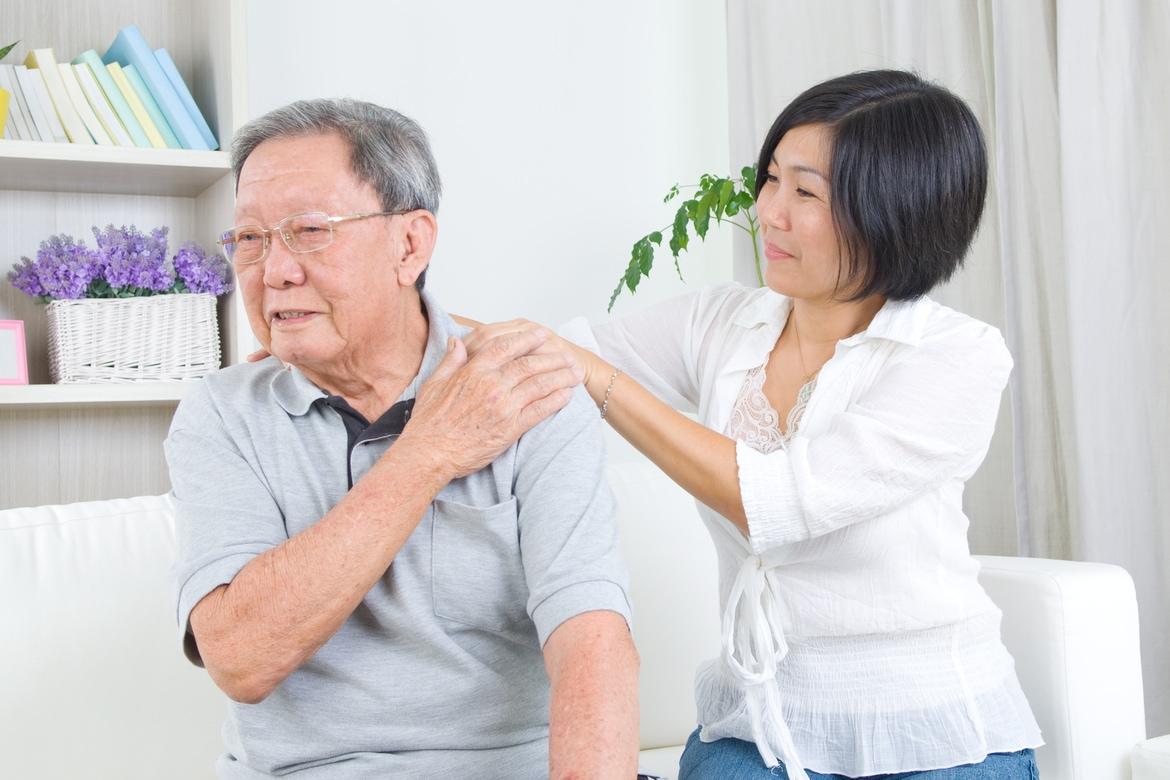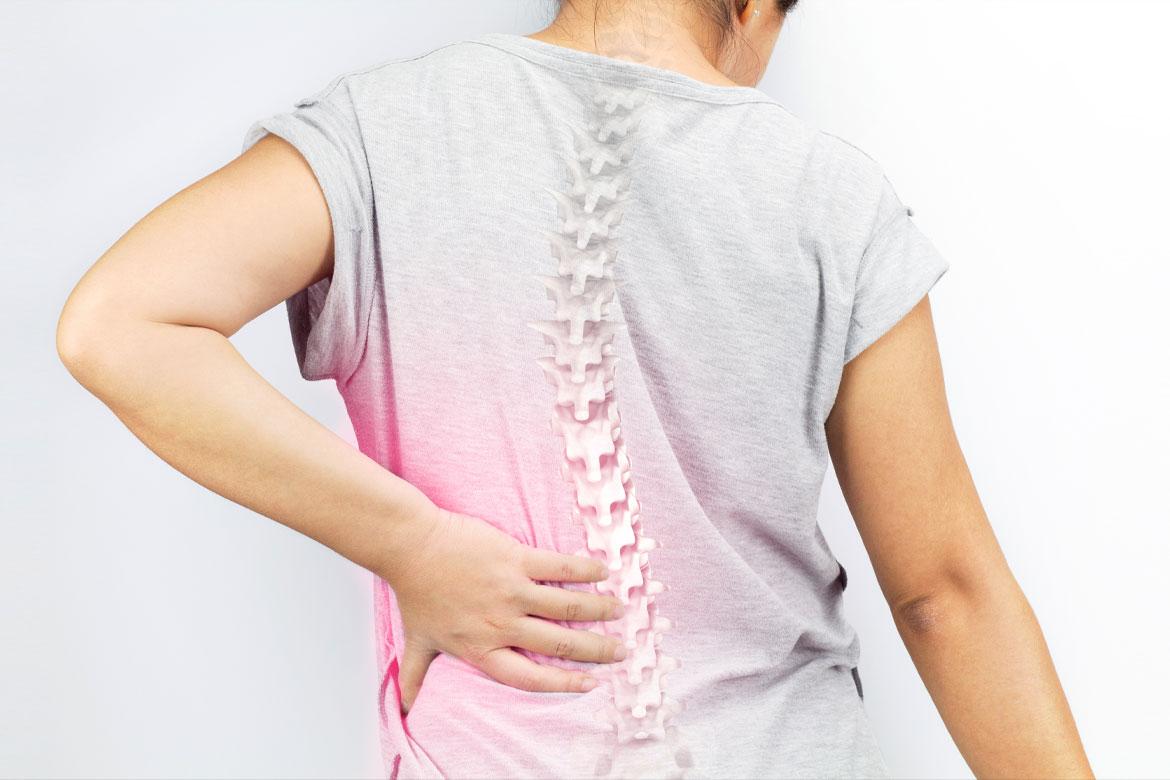-
-
Featured Care Areas

Arthritis
Frequently asked questions
A: Arthritis cannot be cured. Although the condition will not go away, you can manage it with treatment and improve your quality of life. Speak to our orthopaedic specialists to draw up your personal treatment plan.
A: In arthritis, the shock-absorbing cartilage that normally cushions your bone does not function properly. This may be due to wear and tear, or inflammation of your joints, causing it to hurt.
A: Arthritis does not lead to death. However, it may increase your risk of other diseases which may affect your life span.
A: If you have rheumatoid arthritis, you may have a higher risk of kidney disease. This may be due to the inflammation affecting your kidney function.
If you already have reduced kidney function, anti-inflammatory medication for arthritis may also cause problems for your kidney. Let your doctor know if you have any concerns.
A: There are several ways to relieve arthritis pain. Non-steroidal anti-inflammatory drugs and steroid injections may help with pain relief. Apart from medication, you may try the following home remedies:
- Exercises to keep your joints flexible and strengthen the muscles around your joints for better support.
- Weight loss if you are overweight, to relieve pressure on your joints and improve your mobility.
- Heat treatment, such as taking a warm shower, to relieve stiffness.
- Cold treatment, such as using a cold compress to reduce swelling and pain.
- A healthy diet can help to ease inflammation and relieve joint pain. Tumeric or curcumin may also help to reduce joint inflammation as it has antioxidant and anti-inflammatory properties.
- Meditation to reduce stress and cope with the pain.
- Massage to relieve discomfort and reduce stress.
Your doctor will recommend the most suitable treatment plan to meet your health goals and lifestyle.
A: Juvenile arthritis is an autoimmune disease where the body's immune system attacks its healthy cells and tissues. Children may outgrow juvenile arthritis and recover fully. Others may find their conditions getting worse as they grow, or develop other complications.
If you suspect your child has juvenile arthritis, speak to our doctors for an accurate assessment.
This coverage checker is brought to you by Health Insured, an online resource that helps you understand your health coverage in Singapore.
This page has been reviewed by our medical content reviewers.
Need help?
For enquiries, please call
+65 6575 7575
For appointment bookings, please WhatsApp
+65 8111 9777








